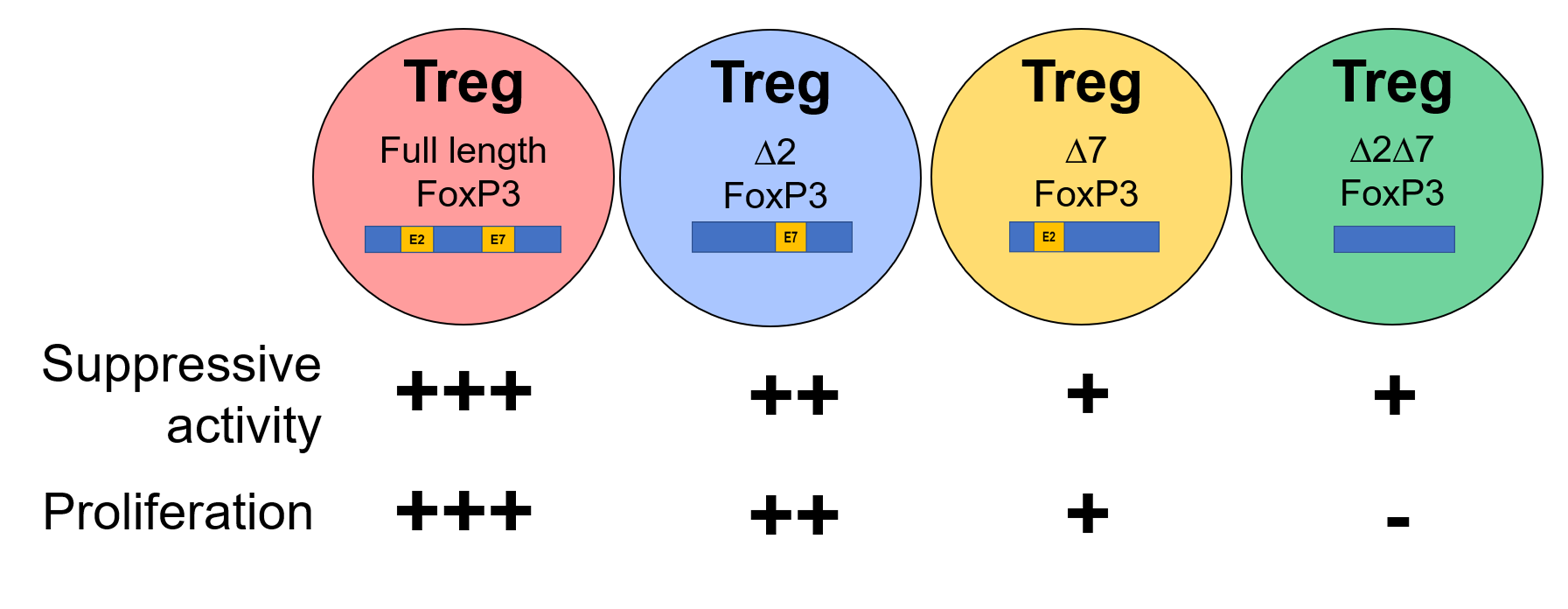Cell Biology: Molecular Code Stimulates Pioneer Cells to Build Blood Vessels in the Body
Karlsruhe Institute of Technology (KIT)Cardiovascular diseases, including stroke and myocardial infarction, are the world's leading causes of mortality, accounting for over 18 million deaths a year. A team of KIT researchers has now identified a new cell type in blood vessels responsible for vascular growth.








































